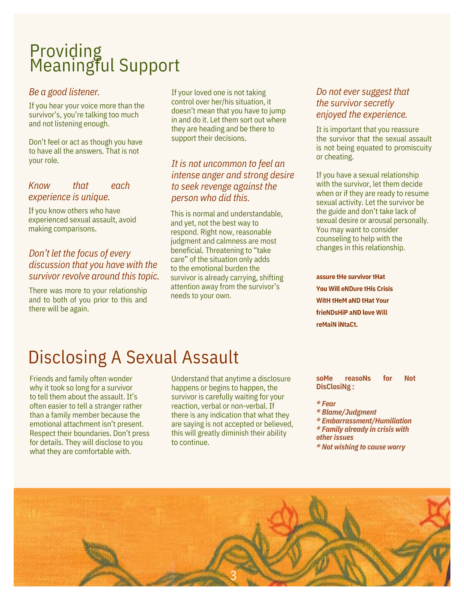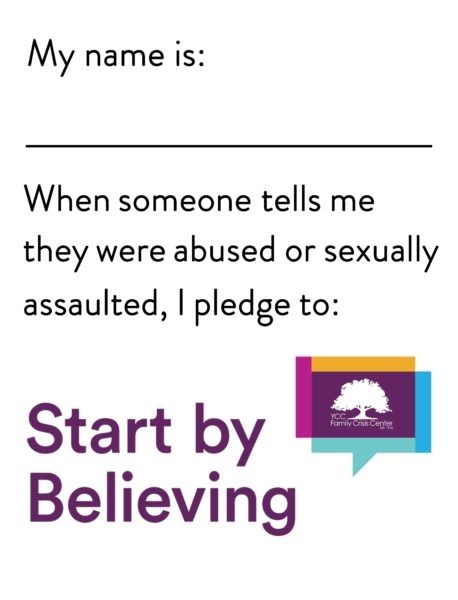Set Boundaries
Boundaries set limits and work to ensure safety. These will differ between individuals and can be determined based on a variety of factors including core values and beliefs, personality, religion, culture, and more. Some benefits of setting boundaries include improved mental and emotional health as well as an increased sense of self or identity. Although setting boundaries is important, it is equally important to maintain boundaries – and that is not always easy.
Here are a few tips to help set your own boundaries:
- Determine areas or relationships in your life where you are feeling drained, hurt, uninterested, or otherwise struggling.
- Ask yourself how you would like to improve those areas.
- Determine various consequences if someone ignores or crosses your boundary. Consider setting a couple of different versions – think of a stoplight where you have different levels based on first-time or repeat issues with someone.
- Boundaries can be time, mental, emotional, material, physical, conversational, and internal.
Examples of healthy boundaries include:
- Skipping the event you don’t want to go to.
- Time limits for how long you participate.
- Not accepting a hug or physical embrace from someone.
Once you’ve thought about what you want your boundaries to look like, if you find yourself in a situation where you need to implement one or more of these boundaries, here are a few ways to best communicate your needs:
- Be assertive.
- Speak in the affirmative – reinforce what you do want.
- Do not overexplain. There is also no need to apologize for your boundaries.
- Be confident in your boundaries. Remember, you are not selfish in setting boundaries.
- Be respectful of other people’s boundaries as well.
For additional reading on boundaries visit Positive Psychology.
Ask For Consent
Consent is defined as permission for something to happen or agreement to do something. Consent is a sign of communication and respect. This means consent is:
- Clear.
- Concise.
- Coercion free. It cannot be gained by force or threat.
- Revocable at any time. Just because something may have been a ‘yes’ previously does not guarantee a future ‘yes’.
If you are ever unsure if consent has been given: ASK. Remember, no means no. And no response does not equal consent.
For additional reading on consent, visit Michigan Tech.
Here is a helpful video that puts consent into simple, PG terms:











